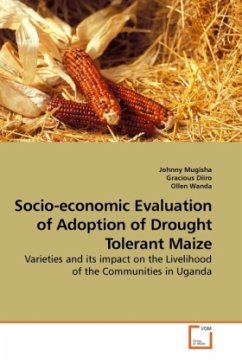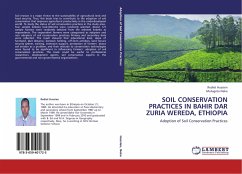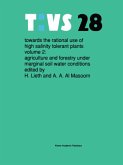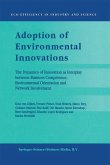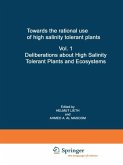The study analyzes adoption of improved maize varieties and its effects on farm yields and rural poverty using cross sectional data collected from 151 households in central (in Nakasongola district) and Eastern (in Soroti district) regions in Uganda. A binary probit model was fitted to examine the determinants of level of adoption. OLS method was used to estimate the determinants of intensity of adoption, and the effect of adoption on yield. The sample statistics show very high levels of adoption (about 80%) and a low level of adoption intensity. The mean yields from improved maize varieties (2941.5kg/ha per season) is significantly higher than the yields from local varieties (1694. kg/ha per season). Regression results show that extension advisory services are strongly associated with adoption of improved varieties. Intensity of adoption of improved maize varieties increases farm yields. However, maize yields respond inelastically to adoption. We conclude that adoption of improved seed leads to increased yield. Thus more technical assistance in the form of training and extension is justified in the country on efficiency and welfare grounds.
Bitte wählen Sie Ihr Anliegen aus.
Rechnungen
Retourenschein anfordern
Bestellstatus
Storno

